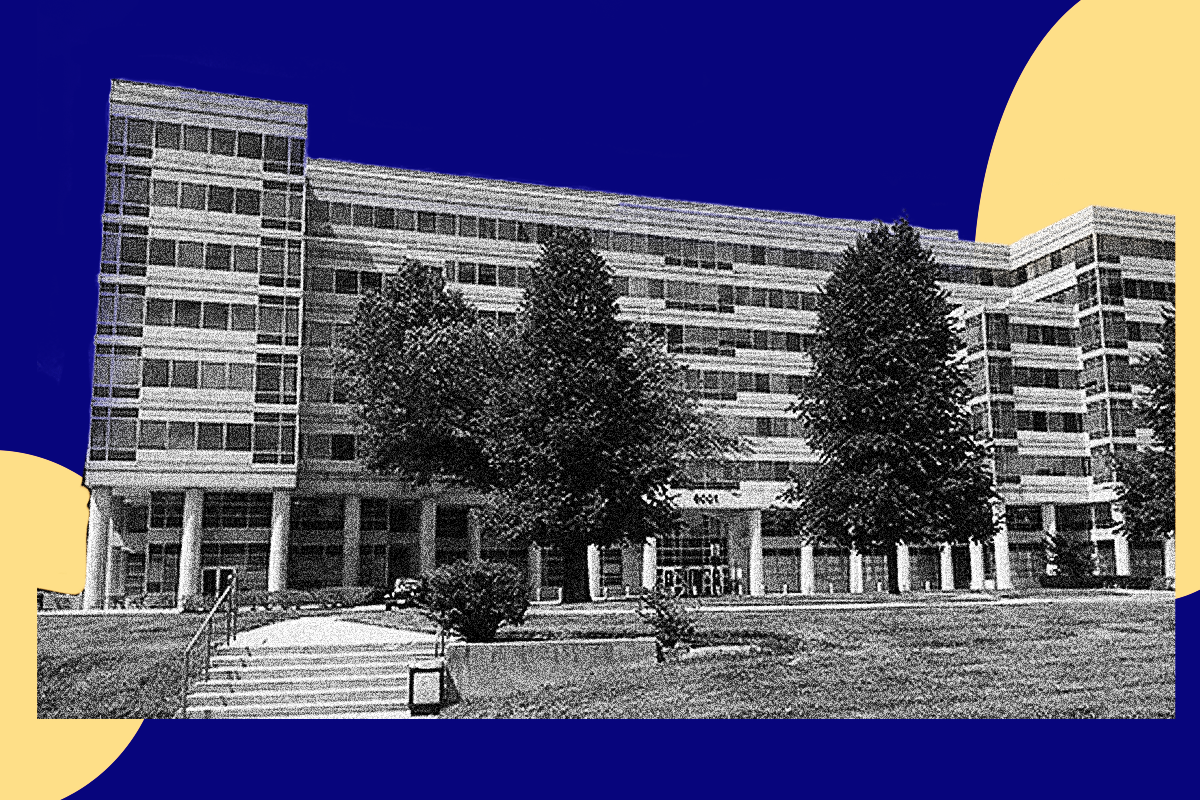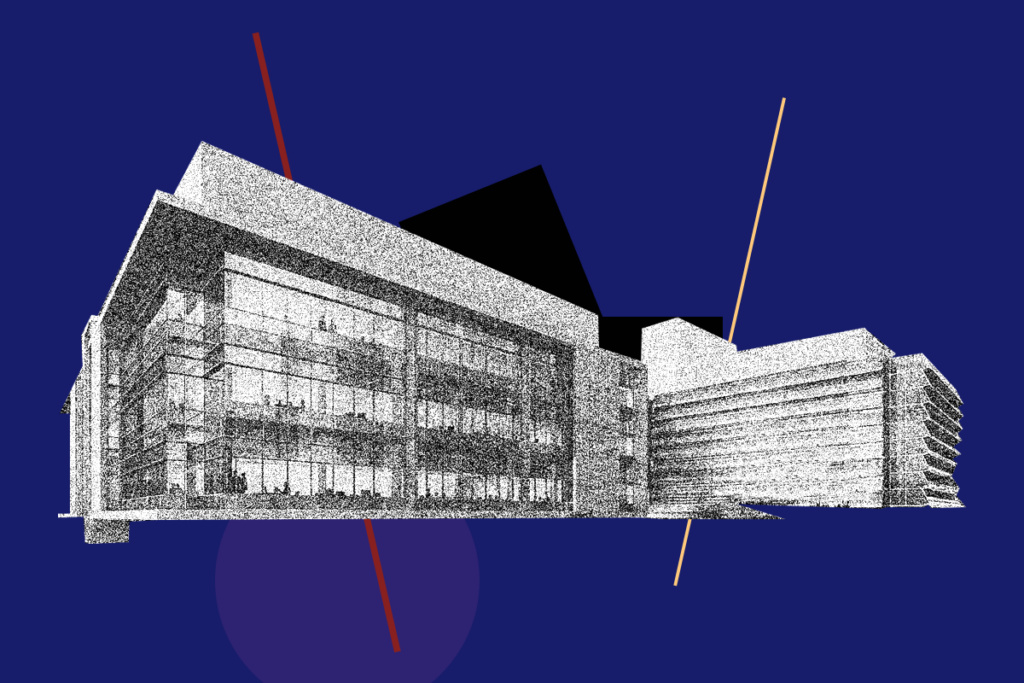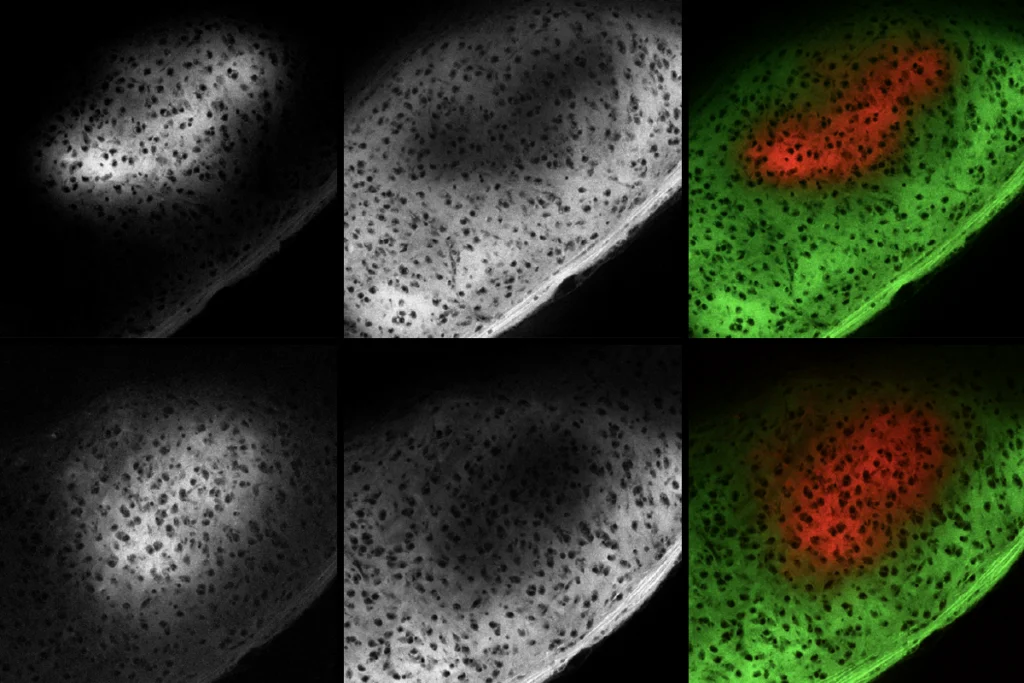Matthew Memoli, acting director of the U.S. National Institutes of Health (NIH), has extended the appointments of three NIH neuroscience lab heads and other employees who were set to be terminated tomorrow, according to an email obtained by The Transmitter. The move comes after a group of nine neuroscientists sent a letter to Memoli and the U.S. Congress on Tuesday, asking them to intervene.
The three researchers, Mark Histed, Soohyun Lee and Tobias Merson, hold tenure-track appointments at the National Institute of Mental Health (NIMH) that were up for renewal in February. But the researchers were not considered for renewal as scheduled and were instead placed on unpaid leave until 8 March, three NIMH scientists with knowledge of the matter told The Transmitter. All three sources requested to remain anonymous because the NIH currently prohibits its staff from speaking with the media.
If these appointments had been allowed to lapse on Saturday, the investigators would have been terminated and their labs shuttered, those sources say. The move had followed the Trump administration’s ban on renewing senior scientists across the NIH that went into effect last month, as reported by Science.
On Tuesday, 4 March, nine members of the NIMH Board of Scientific Counselors (BSC), a group of external researchers who regularly review the institute’s work, sent a letter to Memoli and Senate Committee on Health, Education, Labor and Pensions members Senator Bill Cassidy and Senator Bernie Sanders, urging them to step in to restore these three investigators’ employment status.
That letter appears to have succeeded: All three appointments have been extended, according to BSC chair Jennifer Groh, professor of psychology and neuroscience at Duke University. Yesterday afternoon she received an email from Alfred C. Johnson, deputy director for management and chief financial officer at the NIH—which she shared with The Transmitter— stating: “I am pleased to inform you that the appointments of all three scientists, as well as others at NIH in the same situation, have been extended.” The length of the extension is unclear. The change follows a series of Trump-administration-led firings and reinstatements, including yesterday’s rehiring of nearly 6,000 USDA probationary employees, as reported by Science.
“There are many avenues for improving interventions in mental health, and these investigators were working hard towards trying to shed some light on what might be helpful,” says Groh, who added that she was speaking to The Transmitter in her personal capacity and not as a representative of Duke University.
“I’m pleased to report that the board has now heard from NIH that the appointments of these three investigators and similarly situated folks are being extended. Thank you NIH! Delighted that the stellar work there will be continuing!” Groh wrote on BlueSky yesterday evening after receiving the news.
H
isted, Lee and Merson had been appointed as Title 42(g) employees, a hiring mechanism that enables the federal government to find and retain scientists at a pay scale that is competitive with nongovernment opportunities. (Histed and Lee both joined the NIH in 2016, and Merson joined in 2022.) Part of that mechanism includes a regular performance review—typically every three years—and, pending a positive evaluation, an appointment renewal, according to the three anonymous intramural NIH sources.Memoli’s recently announced change extends the appointment date of at least one of the three neuroscientists into 2026 and restores that researcher’s pay starting today, according to one of the anonymous NIH sources with knowledge of the situation. “HHS backed down and approved the renewals after it became known to the public, the scientific community and the Senate,” the source says. Another anonymous source confirmed that pay is set to be restored for one of the other researchers, too. It remains unclear whether this is the case for all senior scientists who had been put on unpaid leave.
Most intramural tenure-track researchers and staff scientists across the NIH have the same appointment, meaning they could be also due for renewal in the coming months. It is not clear how those renewals will proceed. Representatives at the NIMH and HHS did not respond to The Transmitter’s email requests for comment.
The turnaround is good news, says Nancy Kanwisher, professor of cognitive neuroscience at the Massachusetts Institute of Technology. But the continued uncertainty that has come from recent changes to the NIH will only damage U.S. science in the long term, she adds.
“Scientific research requires planning years in advance: recruiting people, retaining them, launching their careers, planning experiments, raising funding. These things happen over many years,” Kanwisher says. The repeated hirings and firings disrupt that planning, she says. “One, you can’t operate that way. And two, who in their right mind would choose to do science here?”






